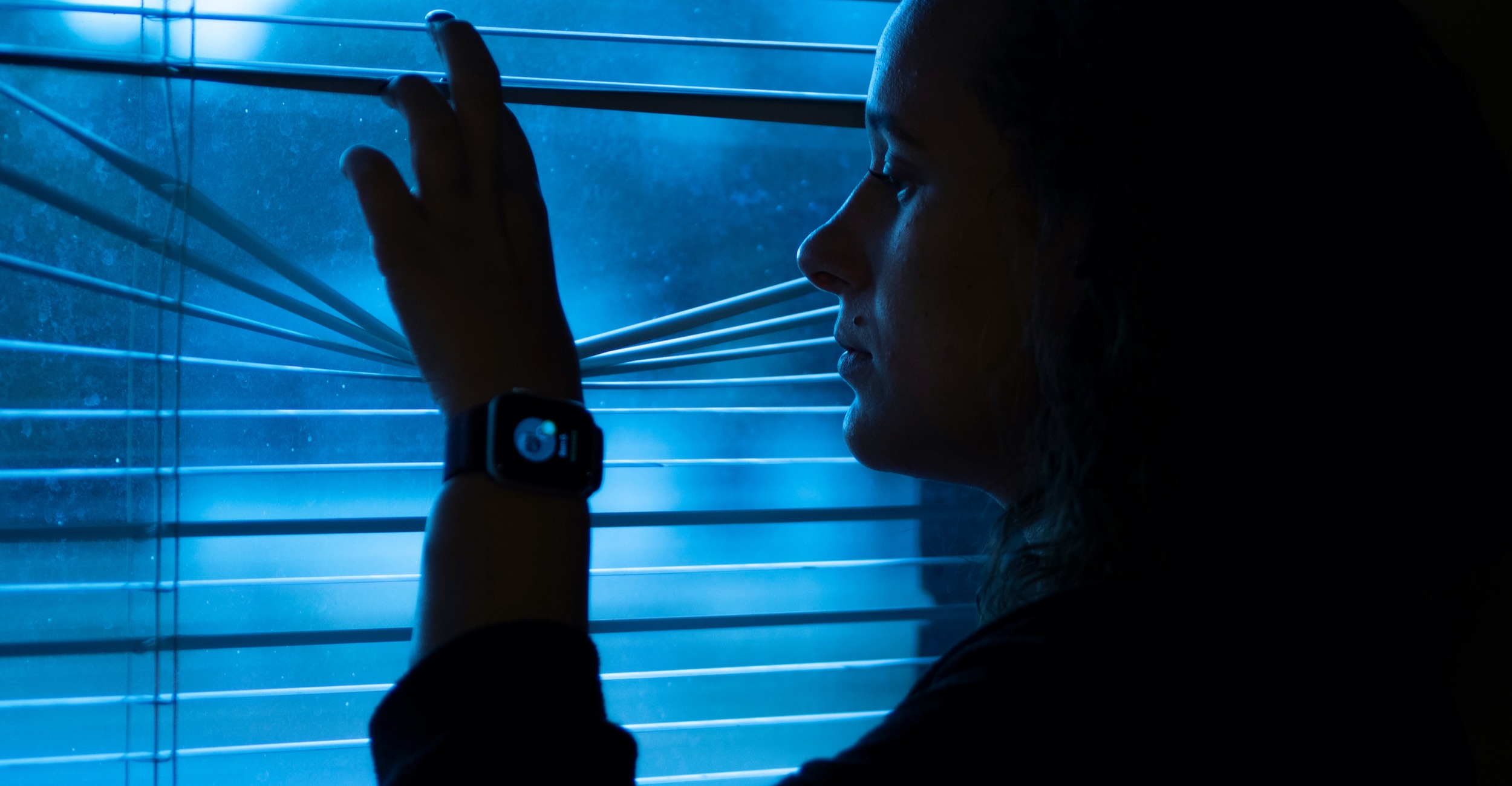
Feeling low? Overcome the winter blues with self-care
Thursday, December 16, 2021
Media Contact: Gail Ellis | Communications Specialist, Copywriter | 620-515-2498 | gail.ellis@okstate.edu
When daylight saving time ends in November and end-of-year holidays approach, it’s common to experience symptoms of seasonal affective disorder. Less vitamin D, cold temperatures and the stress of a busy season can take its toll on the human body, physically and mentally.
Also known as the winter blues or seasonal depression, the temporary condition causes people to feel tired and sluggish, lonely or sad. They may sleep poorly, have mood swings, overeat or avoid social activities. Rachel Morse, an Oklahoma State University Extension mental health specialist, said she tries to avoid using the condition’s SAD acronym because of the negative connotations it suggests.
“It’s OK to experience seasonal affective disorder,” she said. “In the winter when our biological clock is adjusting to less daylight and the emotional impacts of the holidays, we have to double down on ways to combat it. These feelings are part of the seasonal transition, and it’s a good reminder to develop self-care habits we should practice year-round.”
Basic self-care involves getting an adequate amount of sleep, eating vegetables and other healthy foods and fitting in daily movement or exercise. Morse said she combats the winter blues by sticking to her routine of weekly work and volunteer events while making an effort to socialize with friends and family. The key is to not attempt any drastic changes during a volatile time of the year.
“December is not the best time to try a new way of eating or a major diet,” she said. “That takes time to adjust, and your body is already trying to adapt to the changing seasons.”
Fresh air, light, exercise and socialization will help ease the heaviness of a cold, dark winter, but when sleep is disrupted and the symptoms linger, Morse said it’s time to investigate.
“If a person has been diagnosed with depression or another psychological condition, they need to be more aware of how seasonal affective disorder can affect other issues such as high blood pressure,” she said.
Studies have shown those who live farther from the equator are more impacted by seasonal depression. Oklahoma is known for its mild weather, but in the winter, that can help those feeling low. Most winter storms are short-lived, and 70-degree-days in January can be an uplifting preview of spring.
“We all cope with it in different ways, but it’s not a lifelong condition,” Morse said. “Talking about seasonal affective disorder is a good way to discuss how we’re all doing this time of year and normalize conversations about mental health.”
